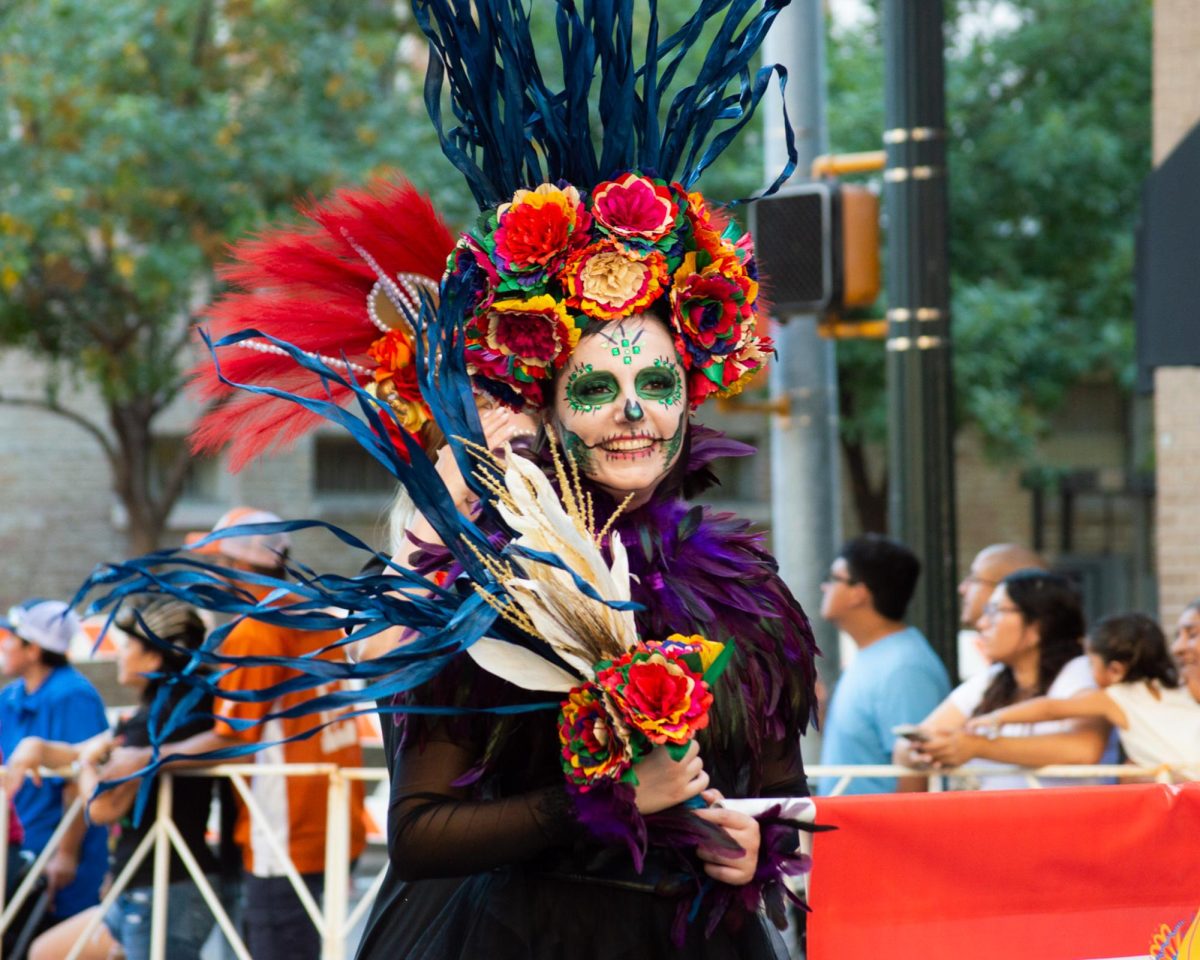Jean Nidetch ambles down the hallway of the senior community where she lives, two cups of Coca-Cola teetering on her walker. In her one-bedroom apartment, there are Klondike bars in the freezer and, in the fridge, Baileys Irish Cream beside Chinese take-out. If these don’t seem the trappings of the woman who founded Weight Watchers, don’t be alarmed. At 87, Nidetch has earned some allowances.
Besides, she says, she doesn’t touch most of the stuff anyway.
Fifty years after Nidetch went on the diet that changed her life, she says she still lives by most of the ideals she espoused when she started the international weight loss group 50 years ago at her New York City home. And among the many thousands of Weight Watchers leaders who have followed in her footsteps, her name alone still prompts wide eyes, rapt attention and unflinching reverence.
David Kirchhoff, Weight Watchers’ current chief executive, says he’ll never forget when he finally met Nidetch, three years ago at a convention in Orlando. He introduced her to a crowd of Weight Watchers leaders that gasped, grabbed for cameras and rushed the stage.
“I felt like I was at a Rolling Stones concert,” Kirchhoff said. “The whole place just completely erupted.”
When Nidetch moved to Florida a few years ago, she found residents in her Broward County complex would whisper “That’s her,” as she passed. She’s grown to enjoy the attention. After all, people recognize her for doing something she’s proud of.
Nidetch struggled with her weight from an early age. As a child growing up in Brooklyn, she remembers struggling to squeeze out from her desk during a fire drill and by the time she was 38, in 1961, she was carrying 214 pounds on her 5-foot-7 frame. She had tried nearly everything, but decided to give a New York City Board of Health obesity clinic a shot.
The tips she heard were simple: No skipping meals. Fish five times a week. Two pieces of bread and two glasses of skim milk a day. More fruits and vegetables.
The first week, she lost two pounds, but she dreaded going to meetings because of the way the clinic’s leader delivered information and how discussion seemed discouraged.
“I hate it here,” she remembers a woman sitting next to her saying. “So do I,” she replied.
So, in time, she began relaying the message to a group of friends that gathered in her living room. Friends brought friends and soon dozens were crowding in.
A hallmark of Nidetch’s group was sharing the dark secrets of compulsive eating with others who understood. She never thought of it as a business, but two of her participants — Felice and Al Lippert — convinced her otherwise and papers were drawn up in 1963 to make it official.
Weight Watchers was born.
The company grew fast and before Nidetch knew it, she was a recognizable face, sitting beside Johnny Carson on television or staring out from boxes in the frozen food aisle. Franchises were opened, a cookbook sold millions and by 1968, the company went public with adherents across the globe. By the time the company’s 10th birthday came, it was so popular the occasion was marked with a massive gathering at Madison Square Garden, some 16,000 people in attendance, Bob Hope on stage and a snaking line waiting for her autograph.
By the time Nidetch and the Lipperts decided to sell the company to H.J. Heinz Co. in 1978, it fetched about $71 million.
Today, though, Nidetch lives simply. In a 2009 autobiography, “The Jean Nidetch Story,” she said, simply, “I’m not a millionaire anymore.” Asked by a reporter recently, she said “Maybe I am, I don’t know.”
Though she has slowed a bit from her younger years, Nidetch is still feisty as ever, and is blunt when she boils down her advice to dieters: “Drop the damn fork!” she says.
Nidetch, who is twice divorced, still maintains a touch of glamour from her higher-profile days, dying her wavy hair blonde and wearing gold hoop earrings, a frilly red shirt and a white sweater on a recent visit. And she still keeps her weight steady, stepping on the scale regularly to make sure she’s on target. She most recently weighed in at 142 pounds, precisely the goal weight she reached in 1962.
She does allow some exceptions at her age. She drinks regular soda, not diet, because her doctor warned her away from artificial sweeteners. Much of the Weight Watchers-unfriendly foods in her house, she says, were brought by her son David and go untouched.
“Sometimes I have trouble getting her to eat,” he said.
Nidetch says she doesn’t even crave the foods she once did, but that even if she did, she wouldn’t touch them. “When you’ve reach my age,” she said, “you’ve already decided how you want to live.”
As for breakfast, that most important meal of the day, which Nidetch always told her followers to make sure they ate? She skips it now, opting to rise late and start her day with lunch.
Kirchhoff gasps when told, but admits she’s allowed some leniency.
“At 87,” Nidetch said, “you have a right to sleep.”




















